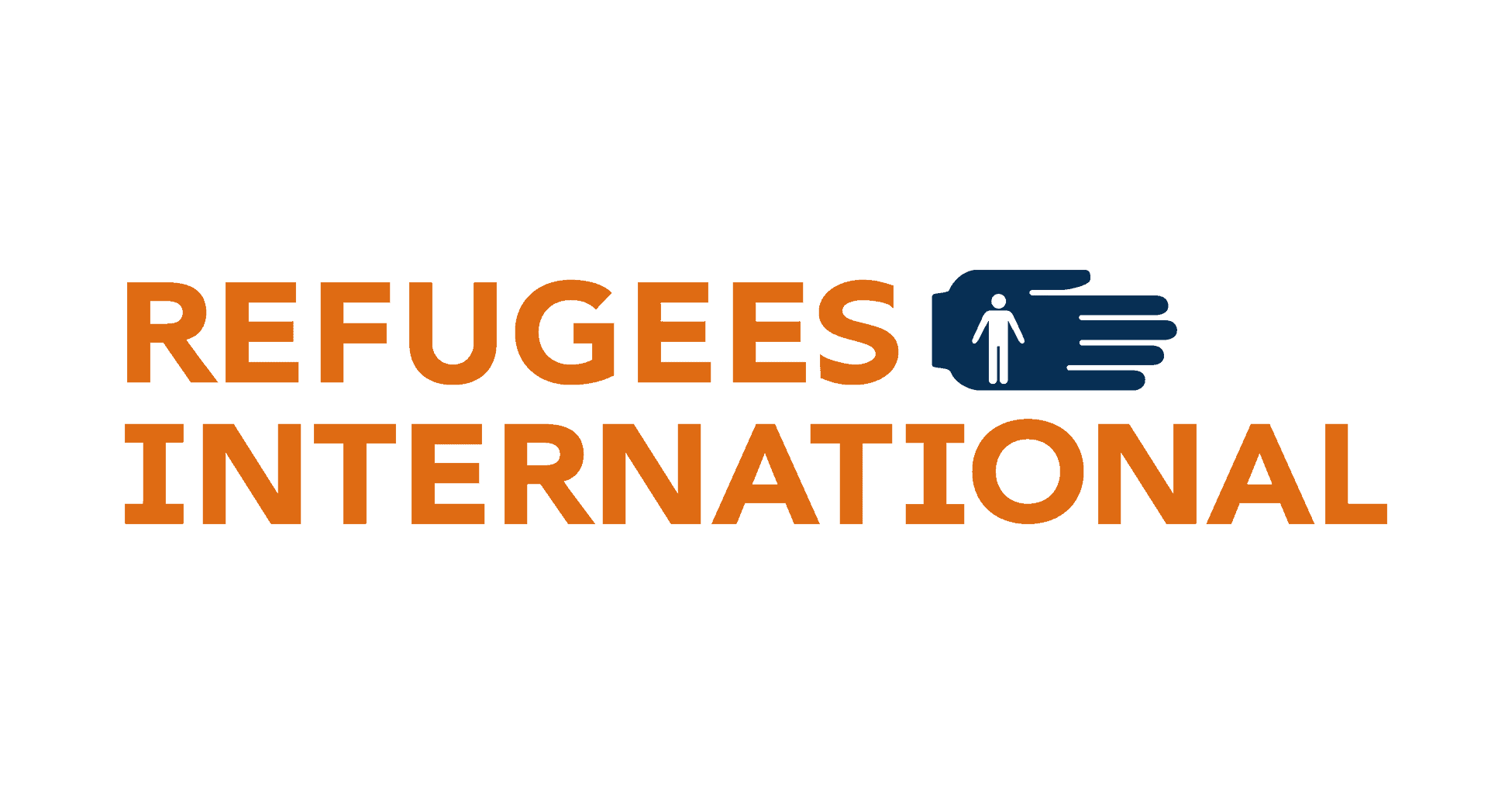Despite the acute awareness of the use of sexual violence as a weapon against the Rohingya, the humanitarian community in Bangladesh was—and remains—ill-prepared to prioritize gender-based violence (GBV) as a lifesaving matter in its response. The scale of violence experienced by Rohingya women both before and during their flight from Myanmar required a mass deployment of GBV and sexual and reproductive health (SRH) capacity and services. However, the availability of quality GBV and SRH services remains grossly inadequate even months into the response. In the analyses and recommendations provided in this report, Refugees International draws in part from the framework of the international initiative to safeguard women and girls in emergencies—the Call to Action on Protection from Gender-Based Violence in Emergencies—and urges the donors and humanitarian organizations that are Call to Action partners to implement it more effectively and with urgency during this emergency.
